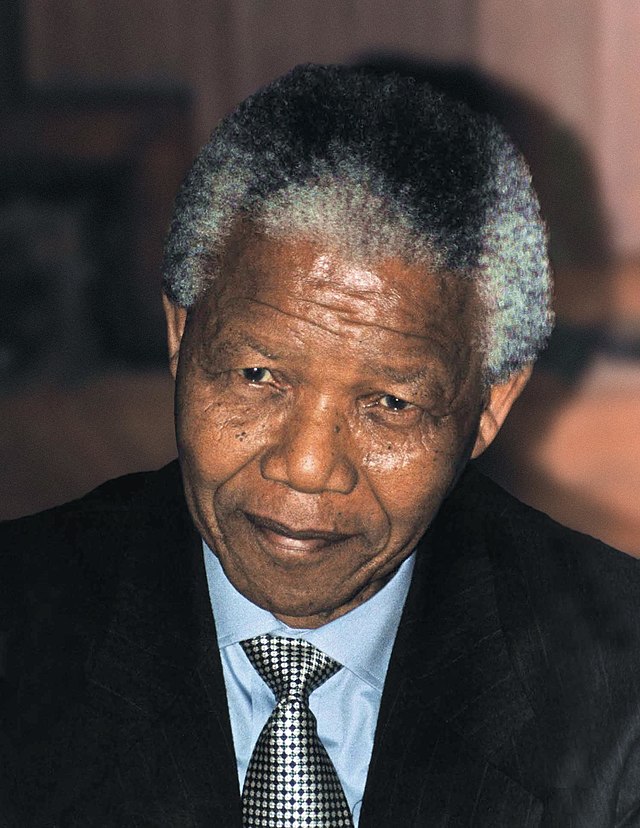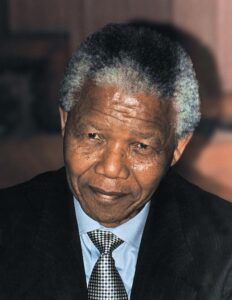
Today in Black History: July 18th
1864 – Harlem Race Riot Heightened

The 1964 Harlem Riot was a race-based uprising/ protest that took place in multiple cities across the United States during the 1960s. Harlem reacted to racial discrimination, segregation, police brutality and social injustices that dominated their lives, resorting to violence to express their disgust with the system.
Ironically the Harlem Riot occurred just two weeks after the 1964 Civil Rights Act, outlawing discrimination based on race, color, sex, religion, and nationality. The Harlem uprising began on July 16, 1964 when 15-year-old James Powell was shot and killed by white off-duty police Lieutenant Thomas Gilligan.
On July 18, protesters went to the Harlem Police Station, calling for the resignation of Officer Gilligan. As tensions grew, some in the crowd began throwing bricks, bottles, and rocks at the officers.
The race riot in the two boroughs of New York City lasted six days. When the rebellion ended on July 22, one black resident was killed. There were more than 100 injuries, 450 arrests, and around $1 million in property damage.
1918 – Nelson Mandela Is Born

On July 18th, 1918, anti-apartheid leader and first president of post-apartheid South Africa, Nelson Mandela, was born in Qunu in the Transkei. Mandela, although born into royalty, had his mind set on law and service outside of royalty.
In 1940, Nelson Mandela joined the African National Congress (ANC) and helped launch the ANC Youth League. In 1950, he became a member of the National Executive Council of the ANC, was arrested, charged, and given a suspended sentence. While in prison, Mandela and the entire ANC leadership were charged with treason and conspiracy, found guilty, and sentenced to life in June 1964.
In 1990, South African President F. W. de Klerk lifted the ban on the ANC and released Mandela unconditionally. Mandela and de Klerk immediately began working together for a peaceful transition to democracy. For their efforts, they won the 1993 Nobel Peace Prize. In 1994, Nelson Mandela rose to presidency, and administered the gradual dismantling of apartheid, and devoted resources to employment, housing, and basic health. Mandela retired at the end of his first term in 1999.
Mandela died on December 5, 2013 at the age of 95.


